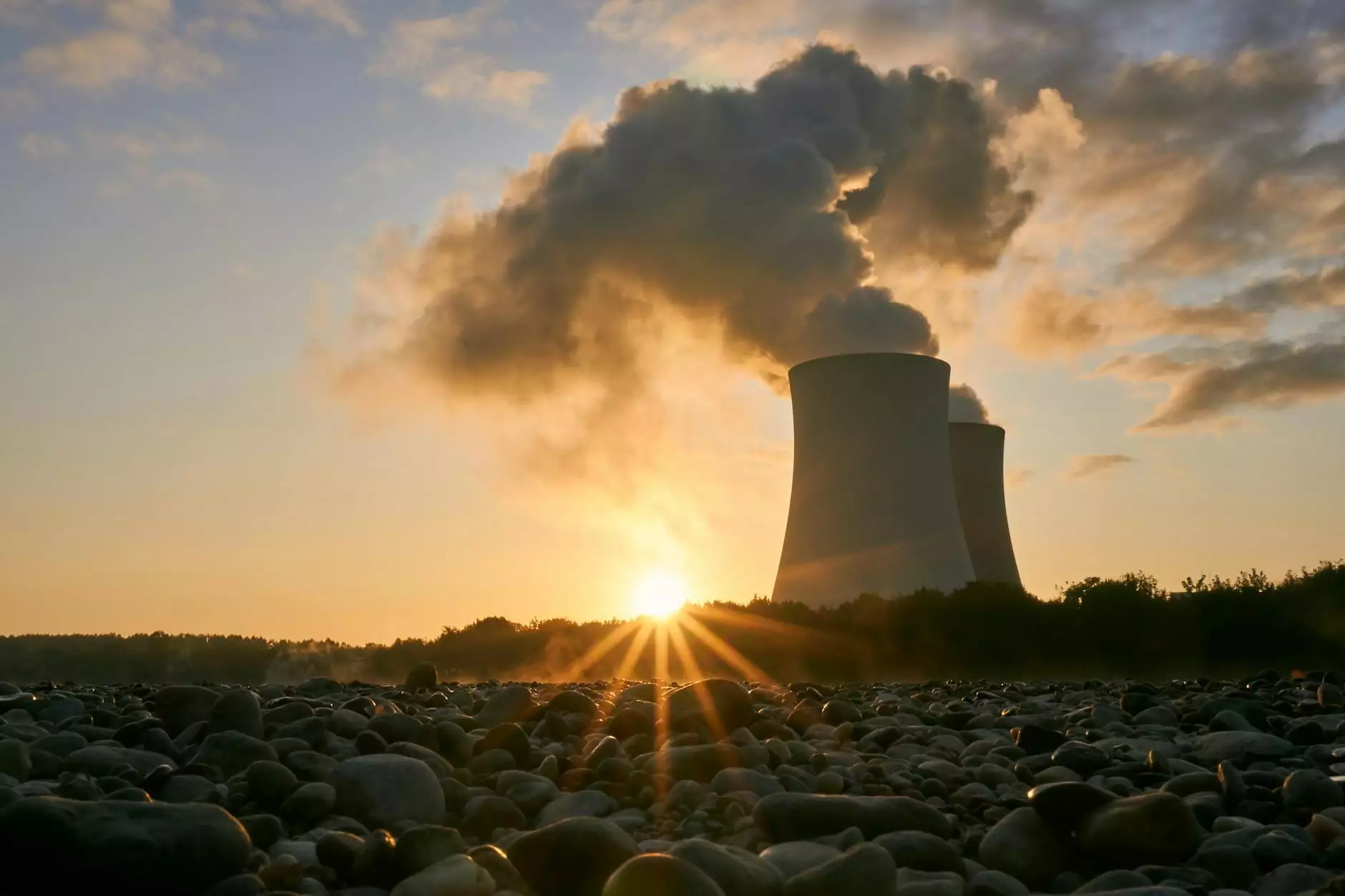The Fascinating World of Nuclear Energy: Exploring the Pros and Cons

In today's fast-paced world, energy production plays a critical role in supporting various aspects of our daily lives. As technology continues to advance, the debate surrounding different energy sources becomes increasingly important. One such source that has sparked intense discussions is nuclear energy. Let's delve into the pros and cons of nuclear power and gain a better understanding of its impact on society and the environment.
Pros of Nuclear Energy
Nuclear energy offers several key advantages that make it an attractive option for meeting the world's growing energy demands. Some of the notable pros of nuclear power include:
- Low Greenhouse Gas Emissions: Unlike fossil fuels, nuclear power plants produce minimal greenhouse gas emissions, making them a cleaner alternative for combating climate change.
- Reliable Energy Supply: Nuclear power plants can operate continuously for long periods, providing a stable source of electricity to meet the needs of communities and industries.
- High Energy Density: Nuclear fuel has a much higher energy density compared to traditional fossil fuels, allowing for the production of large amounts of electricity with relatively small amounts of fuel.
- Energy Independence: Countries with nuclear power capabilities can reduce their reliance on imported energy sources, enhancing their energy security and independence.
- Job Creation and Economic Growth: The nuclear energy industry creates numerous job opportunities in various sectors, contributing to economic development and growth.
Cons of Nuclear Energy
Despite its benefits, nuclear energy also presents certain challenges and drawbacks that must be carefully considered. Some of the key cons of nuclear power include:
- High Initial Cost: The construction and maintenance of nuclear power plants require substantial upfront investments, making them a costly option compared to some renewable energy sources.
- Radioactive Waste Disposal: Nuclear power plants produce radioactive waste that must be carefully stored and managed to prevent environmental contamination and health risks.
- Safety Concerns: Accidents or malfunctions at nuclear facilities can have catastrophic consequences, highlighting the importance of stringent safety regulations and monitoring systems.
- Proliferation Risks: The use of nuclear technology for energy production also raises concerns about the potential misuse of nuclear materials for weapons development.
- Public Perception: The public perception of nuclear energy is often mixed, with concerns about safety, environmental impact, and long-term sustainability influencing public support for nuclear power projects.
Conclusion
As we weigh the pros and cons of nuclear energy, it becomes clear that this complex and versatile energy source presents both opportunities and challenges for society. By understanding and addressing the issues surrounding nuclear power, we can work towards harnessing its benefits while mitigating its drawbacks. Whether it's reducing greenhouse gas emissions, ensuring energy security, or creating job opportunities, nuclear energy continues to shape the future of global energy production.
Exploring the world of nuclear energy reveals a dynamic landscape where innovation and responsibility go hand in hand. By embracing a balanced approach to nuclear power development, we can pave the way for a more sustainable and resilient energy future.
nuclear energy pros and cons








